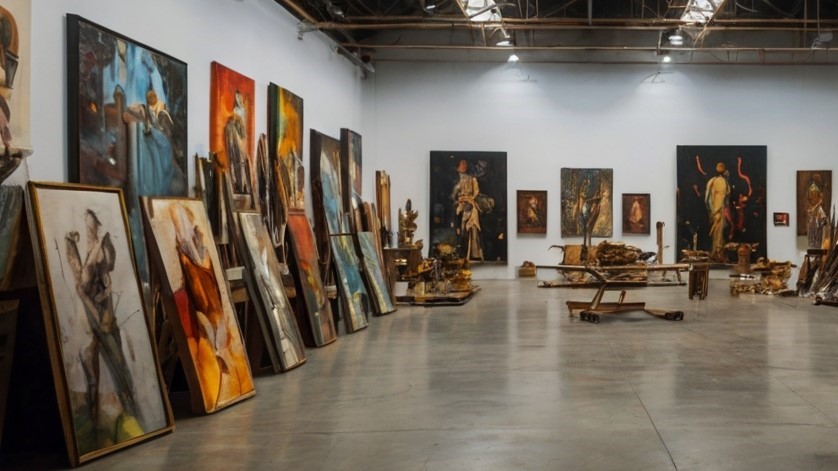Carlos Padros, a professor at the Faculty of Law, leads a UIMP course about the Pillaging of Works of Art as a Result of Armed Conflicts

Carlos Padros Reig, a professor at the Faculty of Law at UAB, directs a UIMP course titled The Pillaging of Works of Art as a Result of Armed Conflicts and the Instruments Aimed at Restitution to Their Legitimate Owners. The event will take place in Aula 1 of the Centre de Cultura Contemporània de Barcelona (CCCB) at 10 a.m. on November 27.
17/10/2024
It is well known that armed conflicts cause enormous damage to the artistic heritage of the countries involved. It is also not new that military victories and the subjugation of the civilian population are exploited to pillage works of art, which then become public property of the victorious states or are introduced into international markets with meager profits.
Despite its repetition throughout history and its reprehensible morality, the issue remains legally complex. Law must address cases of confiscation, forced sale, theft, disappearance, etc., and subsequent restitution may face significant challenges when the third-party purchaser acts in good faith.
The innovation that is intended to be addressed here lies precisely in the recognition of past responsibility and the adoption of measures aimed at restitution for the affected owners. This path began to be taken by the French legislative assembly with the approval of the pioneering Law 2022-218, on February 21, 2022, related to the restitution or return of certain cultural assets to which the victims of anti-Semitic persecutions have rights (JORF of February 22, 2022).
In the same way, Article 31 in the Spanish Law 20/2022, dated October 19, on Democratic Memory (BOE No. 252, October 20, 2022), recognizes the right to compensation for these assets confiscated for political, ideological, or religious beliefs during the war and dictatorship. That’s why the General Administration of the State has assigned the challenging job of researching and preparing an audit of the works of art that were stolen.
These and other aspects make the issue particularly convenient and appropriate for addressing a general reflection from a legal framework perspective.
Registration is available at the link.